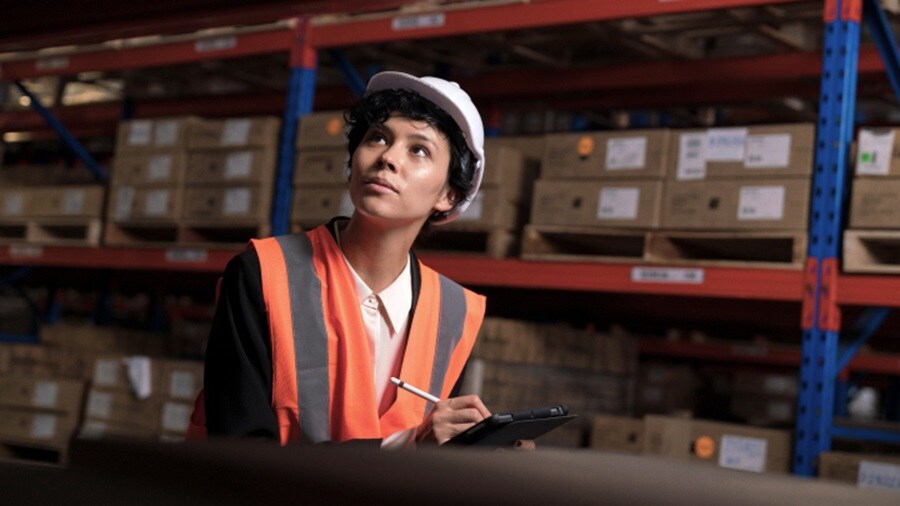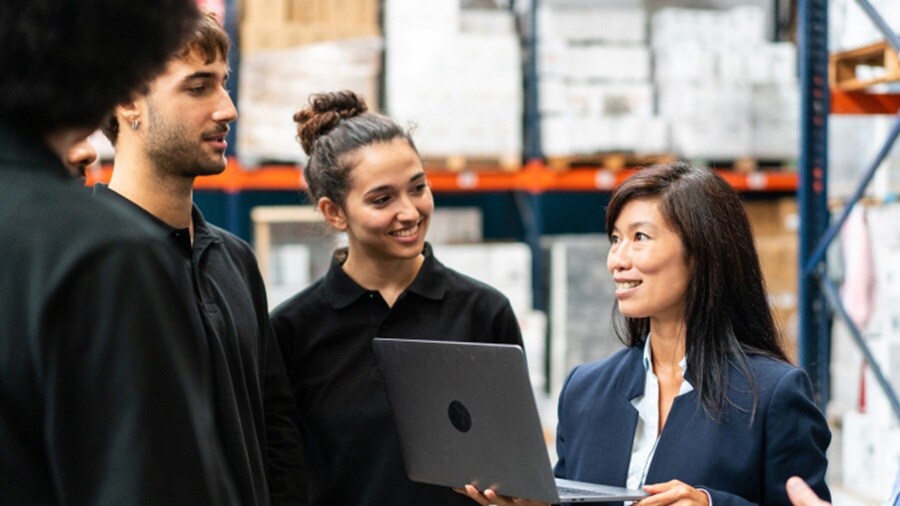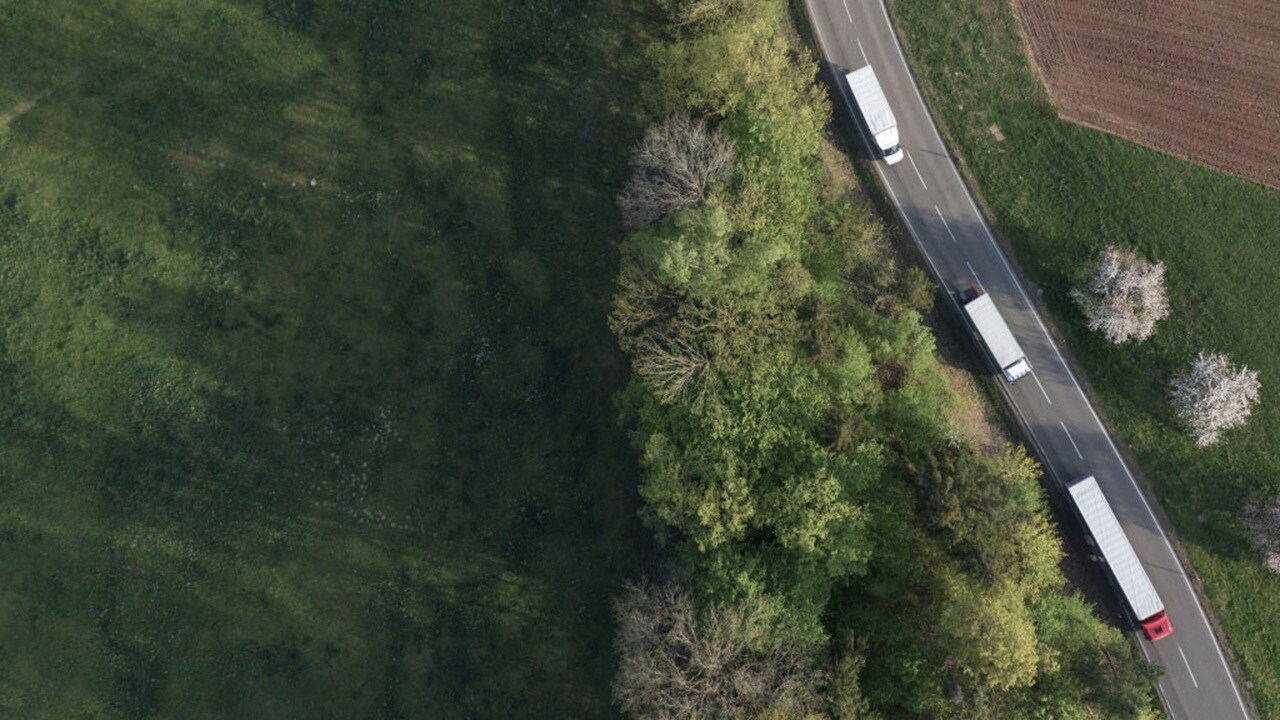Overview
Sustainability has become an important topic for both consumers and brands, but with an interesting differentiator. The consumer knows what they want from a brand. Brands, on the other hand, are struggling to implement their initiatives for a variety of reasons.
- Multiple new touchpoints to manage
- Short-term implementations may not be in sync with the long-term strategy
- Concern that sustainability disrupts the existing supply chain’s agility
Since sustainability has become a key consumer driver, brands must take a step back and look at the bigger picture. The vision must be focused on finding the right balance between long-term implementation of sustainability initiatives and day-to-day supply chain operations.
Most FMCG brands that are serious about their sustainability goals, held back by their apprehensions over the visibility, speed and flexibility of their existing supply chains. These are valid concerns, which is why it is important to explore solutions that will help in implementing sustainability initiatives without disturbing the key needs of fast-moving businesses.

Visibility: The eyes of sustainability
Supply chain visibility is now more important than ever. End-to-end transparency and the ability to track every stage of the product journey from origin to retail, are key for optimisation and real-time responses. But they cannot be accomplished without the right technologies and digital tools.
When it comes to sustainable sourcing, only 53% of consumer product companies have significant or complete visibility into their own process and only about 21% have the visibility into their supplier processes.

Digitalised processes for real-time traceability
A typical supply chain has multiple nodes that depend on real-time coordination. Maersk has a host of digital solutions that bring you round-the-clock traceability and consolidated updates from all stakeholders.
- TradeLens is a digital ecosystem of shippers, freight forwarders, carriers, ports and terminals, where each entity shares information that can be tracked and acted upon, optimising handovers and speed.
- Captain Peter, on the other hand, is a perishable cargo-visibility assistant that enables you to make crucial decisions by keeping you updated about your cargo, the conditions inside your reefer container, and its location on the journey.
- The Emissions Dashboard consolidates your emissions data across all carriers and transport modes. It is accredited by the Smart Freight Centre (SFC) with an industry-leading calculation methodology in conformance with the Global Logistics Emissions Council (GLEC) framework. '

Collaboration with partners who share your vision of sustainability
The pursuit of complete sustainability requires participation from the stakeholders.
Since sustainability is discussed regularly at top-level meetings, its implementation becomes effective only after the conversation trickles down the supply chain to every vendor and logistics partner.
- Change the linear mindset of partners from plan-make-deliver to cross-functional collaboration so that everyone is on the same page and committed to your vision for sustainability.
- Make constant improvements on the basis of your partnerships, with frequent check-ins and feedback, so that the supply chain keeps up with the ever-evolving needs of the conscious consumer.
Speed and flexibility: Pillars of lasting sustainability initiatives
Substantial changes like sustainability typically mean logistical disruptions in the short term. Here are a few sustainable optimisations you can incorporate into your supply chain to neutralise any obstructions and ensure seamless end-to-end movement.

Optimised transportation
- Efficient packaging - Bigger is not always better. Sometimes, the packaging is oversized compared to the product inside. Whilst shipping air may not seem important, it adds up. Containers are filled with negative space; space that could have been used to transport more of the product. With a goal to become net-zero, minor details like these can make a world of difference. Optimising packaging not only saves costs on excess packaging but also reduces volume-occupied-per-unit during transport so you can pack in more products on each trip.
- Container triangulation - Due to the distance between factories, DCs (distribution centres) and ports, businesses lose a lot of time and money in returning and picking up empty containers. Container triangulation helps in optimising empty container utilisation. After unloading, each empty container is reloaded with import or export shipments, depending on the unloading point. This saves fuel and reduces emissions.
- Smart routing - With the help of application interfaces, some platforms are now capable of calculating optimal routes within seconds. In the case of multi-destination transport, smart routing also can save a lot of time and fuel, maximising efficiency and minimising transportation costs too.

Today, sustainability has become a necessity due to heightened consumer demand, environmental concerns and regulations, making it critical that its role in the supply chain complements and not disrupts.
As noted earlier, building a sustainable supply chain is not easy. However, it can be made less complex with the help of the right logistics partner with a demonstrable understanding of resilient sustainability. One who understands that it’s not as much about going green as it is about carefully balancing existing resources, consumer demand, investments and returns to ensure the future of the planet. Everything must come together cohesively and not one at the cost of another.
Sustainability is the need of the hour and as a logistics provider we spend a significant time devising the most efficient solutions to help our customers kickstart their journey towards achieving their sustainability goals in the short- and the long-term.
Sources:
Why A Sustainable Supply Chain Is Critical To The Future Of Consumer Products - click here
无论您需要什么,我们都可以随时为您提供帮助
I agree to receive logistics related news and marketing updates by email, phone, messaging services (e.g. WhatsApp) and other digital platforms, including but not limited to social media (e.g., LinkedIn) from A. P. Moller-Maersk and its affiliated companies (see latest company overview). I understand that I can opt out of such Maersk communications at any time by clicking the unsubscribe link. To see how we use your personal data, please read our Privacy Notification.
By completing this form, you confirm that you agree to the use of your personal data by Maersk as described in our Privacy Notification.
